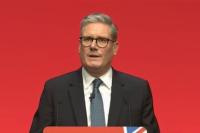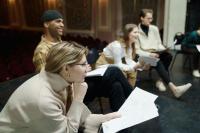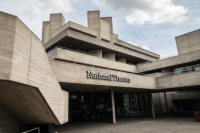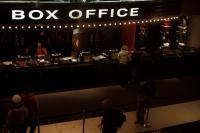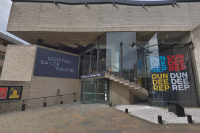BBC’s Head of Arts and Classical Music TV, Suzy Klein, has countered suggestions that the broadcaster is not supporting its cultural broadcasting.
Speaking to The Guardian, Klein said there was a "strong and passionate commitment" to the arts at the BBC that she and her team are "defending...every single day of the week”.
Her comments follow recent criticism from David Dimbleby and Melvyn Bragg.
Dimbleby told the Guardian that no one at the BBC had “any appetite” for art, while Bragg said no one at the BBC had “the guts to fight back" when arts programmes are cut.
“I massively respect David and Melvyn, but I would push back very strongly against [those accusations]," said Klein.
"We do 28,000 hours of arts and culture content in a year, and almost 30 million people have watched our output in the past 12 months – which is nearly half the population of the UK. It’s hard to say we’re not making arts shows when you look at our programme.”
“I think the thing that is challenging in the current TV environment, which David and Melvyn will be speaking to, is that there is a deluge of content now, and such a fracturing of TV audiences, so it’s harder to find and locate things.
“Art doesn’t just mean one type of audience," she said, claiming that BBC makes more arts content than “all the public service broadcasters and streamers put together”.




